.
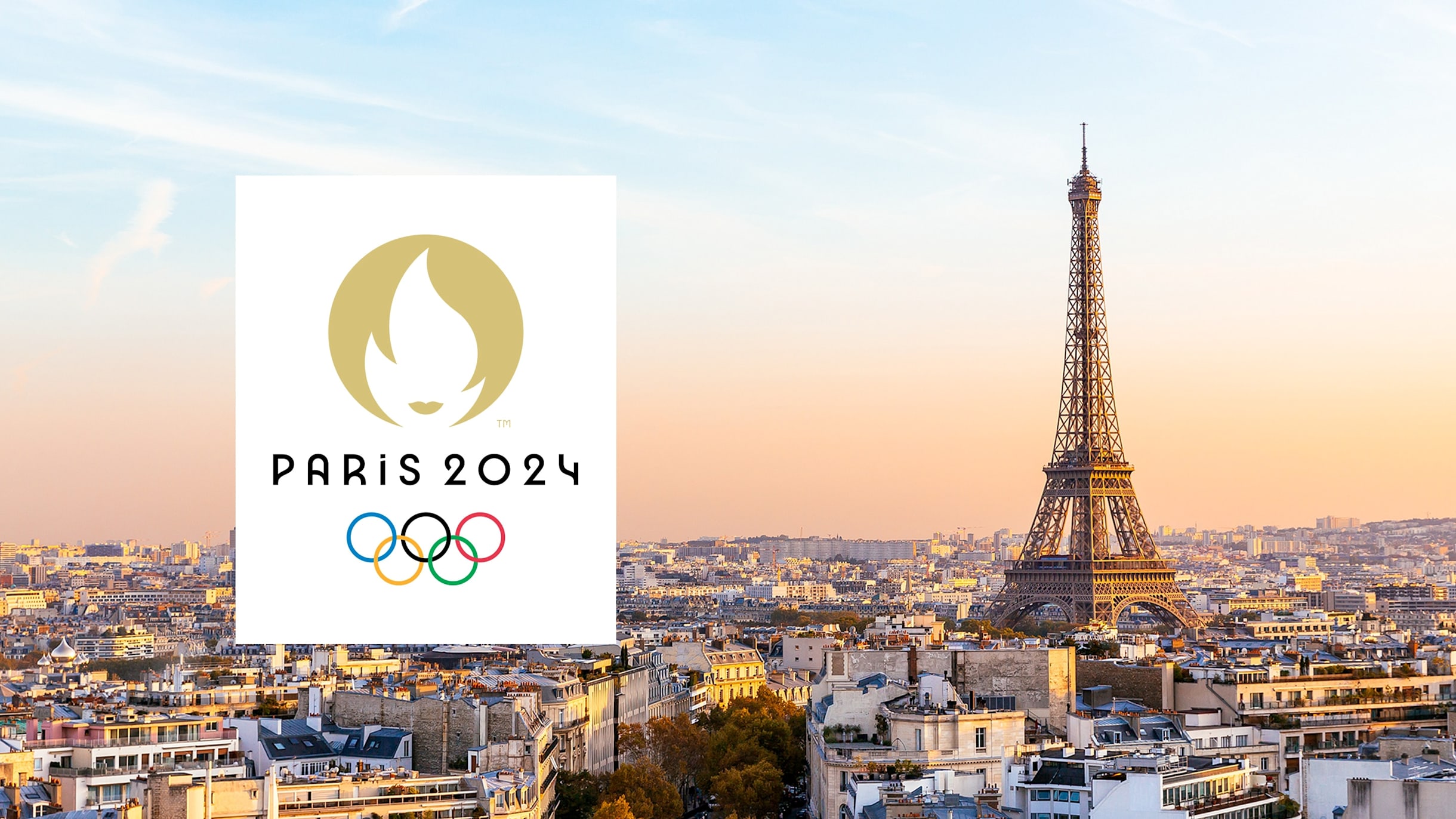
..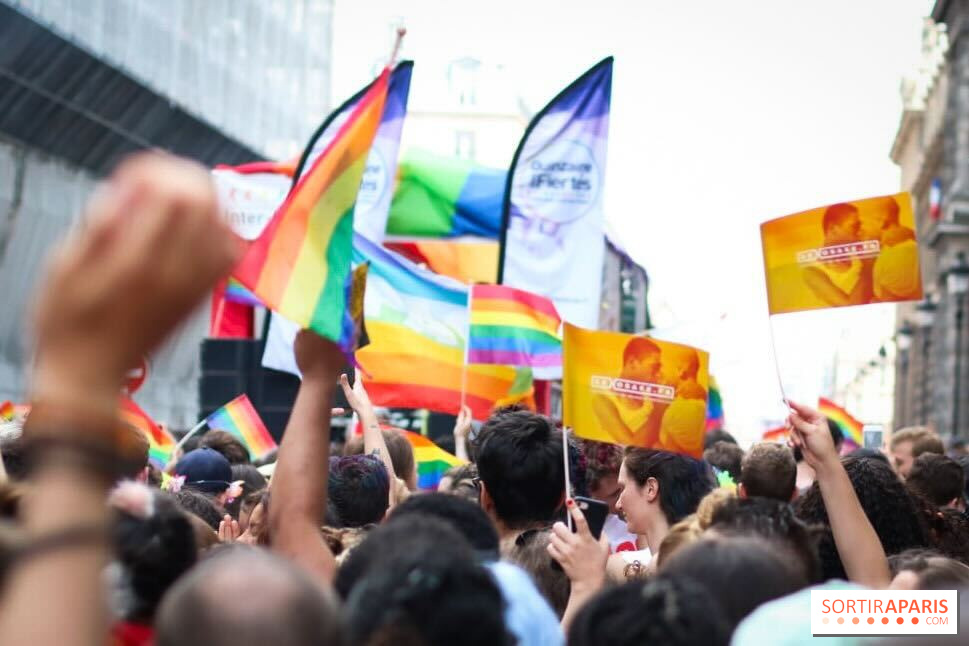 .
.
.2024 paris olympics.LGBT..
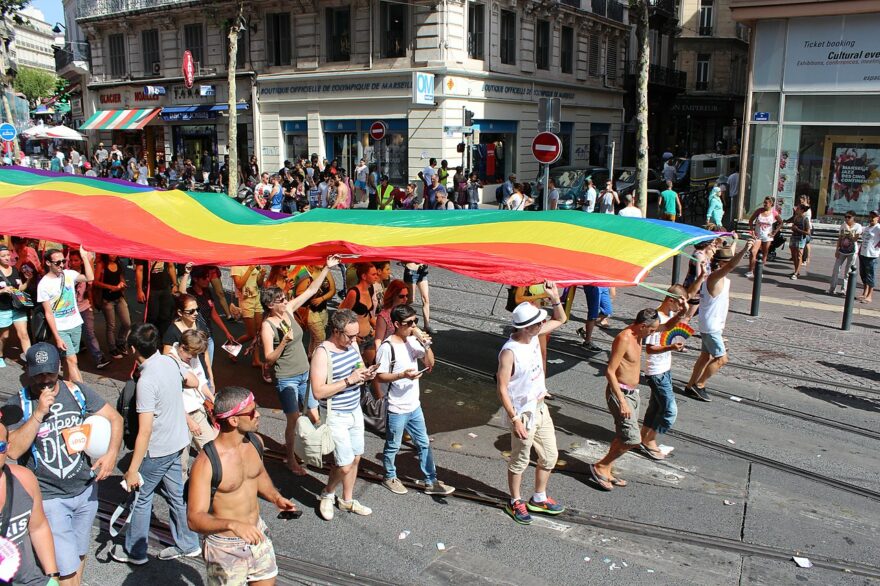 .
.
A record 193 LGBTQ athletes to compete in Paris Olympics
. .
.
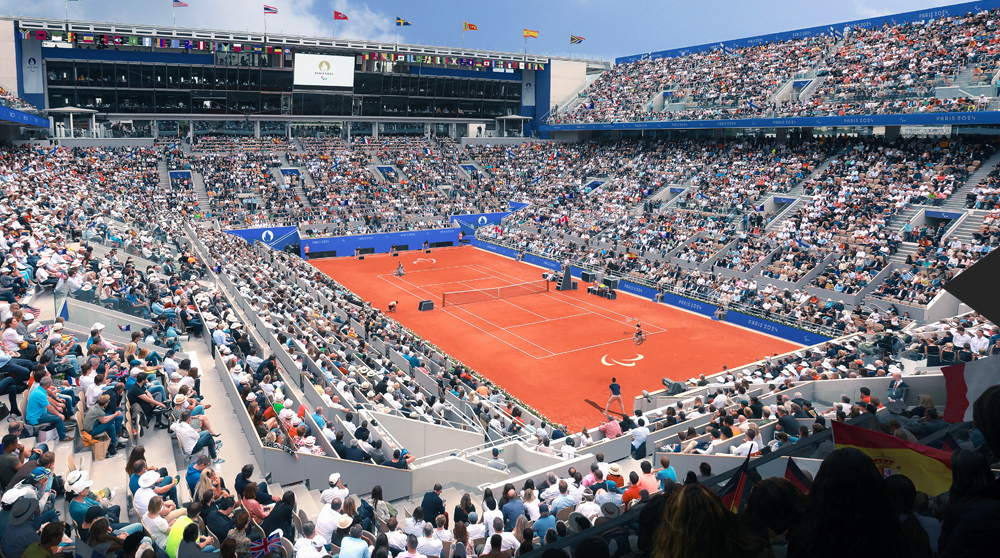 .
. .
.
https://youtu.be/rD1OviikXPI?si=Aecl209-q27kQh6x
.![]()
.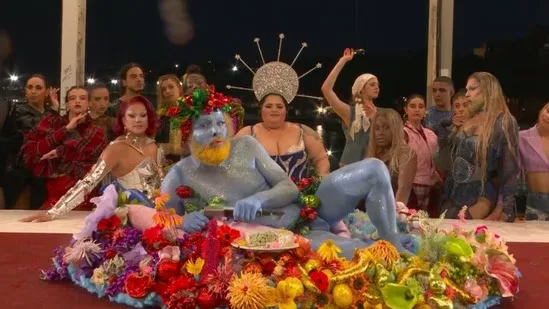
...
The 2024 Paris Olympics Opening Ceremony Controversy refers to a controversy surrounding several segments of the opening ceremony of the 2024 Summer Olympic Games in Paris, most notably a segment resembling The Last Supper scene. The segment, which featured drag queens, a transgender model, and a blue-painted man in a revealing outfit, became a subject of argument online, particularly from conservative Christian users on social media.
ackground
On July 26th, 2024, the opening ceremony for the 2024 Summer Olympic Games took place in Paris, France. On that day, the full ceremony was streamed on YouTube[1] (shown below).

Several segments of the opening ceremony became a subject of controversy, most notably a scene that was interpreted by some viewers as a parody of the Last Supper, a Christian scene of Jesus Christ sharing his last meal with his apostles. The contentious scene featured drag queens, a transgender model and French singer Philippe Katerine painted in blue and wearing a revealing outfit portraying the Greek god of Wine Dionysus.
On July 26th, 2024, X[2] user @LibertyLockPod posted a video of the segment, criticizing it, with the post (shown below) garnering over 31,000 reposts and 184,000 likes in three days.
segments that sparked controversy included imagery of a silver horsewoman galloping over the Seine River, which some users misinterpreted as Death of the Four Horsemen, and a headless Marie-Antoinette that appeared during a performance by heavy metal band Gojira (reaction video seen below due to DMCA issues). Combined, the segments led to some users describing the opening ceremony as "satanic."

For example, on July 26th, 2024, American conservative political commentator Matt Walsh made a post that referred to the scene as "demonic," with the post gaining over 9,500 reposts and 58,000 likes on X[3] in three days.
Developments
In the hours following the ceremony, a blurry image of a man that appeared during the Dionysus segment was circulated[4][5] online due to the mans testicles appearing to stick out of his costume. However, this was debunked as other images showed that the bright spot was a hole in the fishnet stockings and not the performers testicles (shown below
Following the controversy, on July 28th, 2024, the spokesperson for the organizing committee of Paris 2024 apologized to Christian groups who were outraged by the scene resembling The Last Supper[6] in which they said:
Clearly there was never an intention to show disrespect to any religious group […] If people have taken any offence, we of course are really sorry.
he Paris Olympics artistic director Thomas Jolly denied that The Last Supper served as a reference for the segment, saying that the idea was to "have a grand pagan festival connected to the gods of Olympus."[7]
The silver horsewoman, interpreted by some as death, was meant to be "the embodiment of Sequana, goddess of the Seine River and a symbol of resistance."[]
Online Reactions
The opening ceremony, and the Dionysus segment in particular, sparked backlash on social media as some users accused the organizers of offending Christians, while others criticized the ceremony in general over its perceived "wokeness." For example, on July 26th, 2024, X[8] user @andst7 made a post critical of the Dionysus segment seemingly mocking Christians that received over 13,000 reposts and 86,000 likes in three days (shown below, left).
On July 27th, 2024, X[9] user @_annatx wrote, "this is going down as the worst opening ceremony in history," with the X account @USA_Polling replying with a photograph of the 1936 Berlin Summer Olympics. The post (shown below) garnered over 14,000 reposts and 233,000 likes in two days.
The image of Philippe Katerine covered in blue paint achieved particular virality online as the singer was compared to a smurf in memes (examples shown below).Search Interest
 .
.Paris Olympics set record for number of openly LGBTQ+ athletes, but some say progress isnt finished
A record number of athletes openly identifying as LGBTQ+ are competing in the 2024 Paris Olympics
LGBT slang, LGBT speak, queer slang, or gay slang is a set of English slang lexicon used predominantly among LGBTQ+ people. It has been used in various languages since the early 20th century as a means by which members of the LGBTQ+ community identify themselves and speak in code with brevity and speed to others.] The acronym LGBT was popularized in the 1990s and stands for Lesbian, Gay, Bisexual, and Transgender.] It may refer to anyone who is non-heterosexual or non-cisgender, instead of exclusively to people who are lesbian, gay, bisexual, or transgender. To recognize this inclusion, a popular variant, LGBTQ, adds the letter Q for those who identify as queer or are questioning their sexual or gender identity.[]
LGBT slang has played an integral part in LGBTQ+ culture for decades. Slang language initially emerged as a way for queer people to communicate with one another while avoiding detection by mainstream society.] Queer people have always existed,] but historically, they have had to be discreet about their identities and lives, particularly when being LGBTQ+ was illegal and or socially condemned.
LGBT slang is used as a way to signal ones identity and build solidarity within the community. When queer people use these certain words and phrases, they demonstrate to others that they are part of the LGBTQ+ community and share a common experience. This connection can create a sense of belonging for those historically rejected and isolated by mainstream society.[]
LGBT slang is also used by the community as a means of reclaiming language and deconstructing oppressive norms. Queer slang often includes playful references to sexual acts, which can serve as an assertion of sexual agency and a rejection of shame.
.LGBT用語(英語:LGBT slang)是指LGBT人群主要使用的俚語。在多種不同語言中均有LGBT用語,以便於LGBT人群能夠認知彼此。LGBT用語同時也有暗語的功能,起到不暴露使用者性取向的作用。現在LGBT用語已經成為語言學的研究對象之一。也有部分LGBT用語融入到了非LGBT人群使用的語言之中。
.
.
| 條目 | 中文意思 |
|---|---|
| Homosexuality | 同性之戀。 |
| Gay | 男同性戀者。 |
| Lesbian | 女同性戀者。縮寫Les。 |
| MSM | Men who have sex with men,男男性接觸人群。 |
| Men’s love | 和製英語,男男之戀。 |
| Boy’s love | 和製英語,少年之戀。耽美。 |
| Girl’s love | 和製英語,女女之戀。 |
| Bara | 日語薔薇,指有關男男色情ACG男性向作品。 |
| Yaoi | 日語やおい,指有關男男色情ACG女性向作品。 |
| MB | Money Boy,中國大陸也叫巨牌,也就是妓男。 |
| Bromance | 基情。 |
| Twink | 年輕可愛的男同性戀,小鮮肉。 |
| Top | 男同性戀中的攻者。 |
| Bottom | 男同性戀中的受者。 |
| Butch | 女同性戀中的頂者。 |
| Femme | 女同性戀中的底者。 |
| Queer | 怪人,也指LGBT族群。 |
| LGBT | 彩虹族群,是用來指稱女同性戀者(Lesbians)、男同性戀者(Gays)、雙性戀者(Bisexuals)與跨性別者(Transgender)的一個集合用語。 |
| Gaydar | gay+radar,同性戀雷達。意指人的一種能力,一種像蝙蝠那樣能發出超音波的能力,只要對別人掃上一眼,就能看透對方是不是同性戀。 |
| GLAAD | Gay & Lesbian Alliance Against Defamation,同性戀者反詆毀聯盟。 |
.
.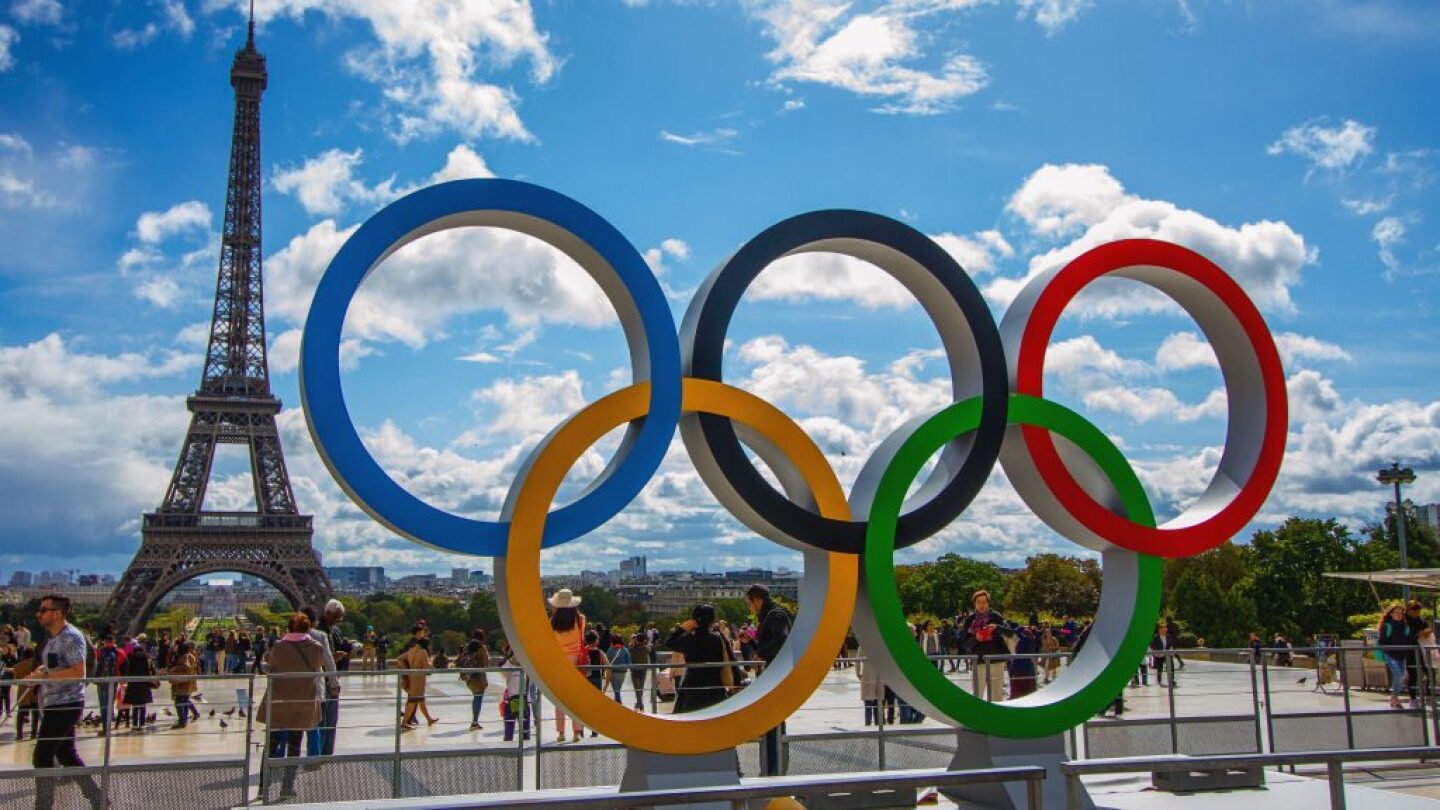 .
.
.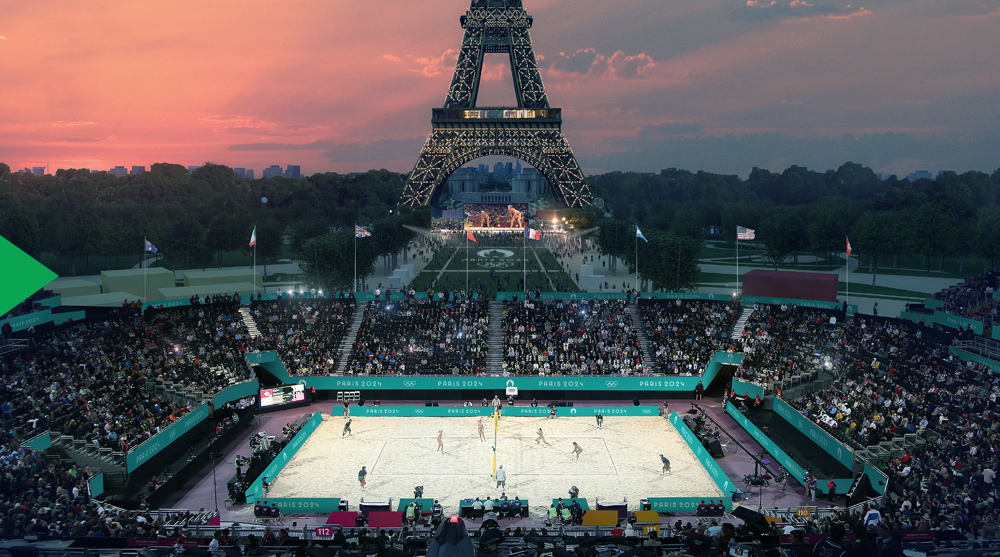
.
.
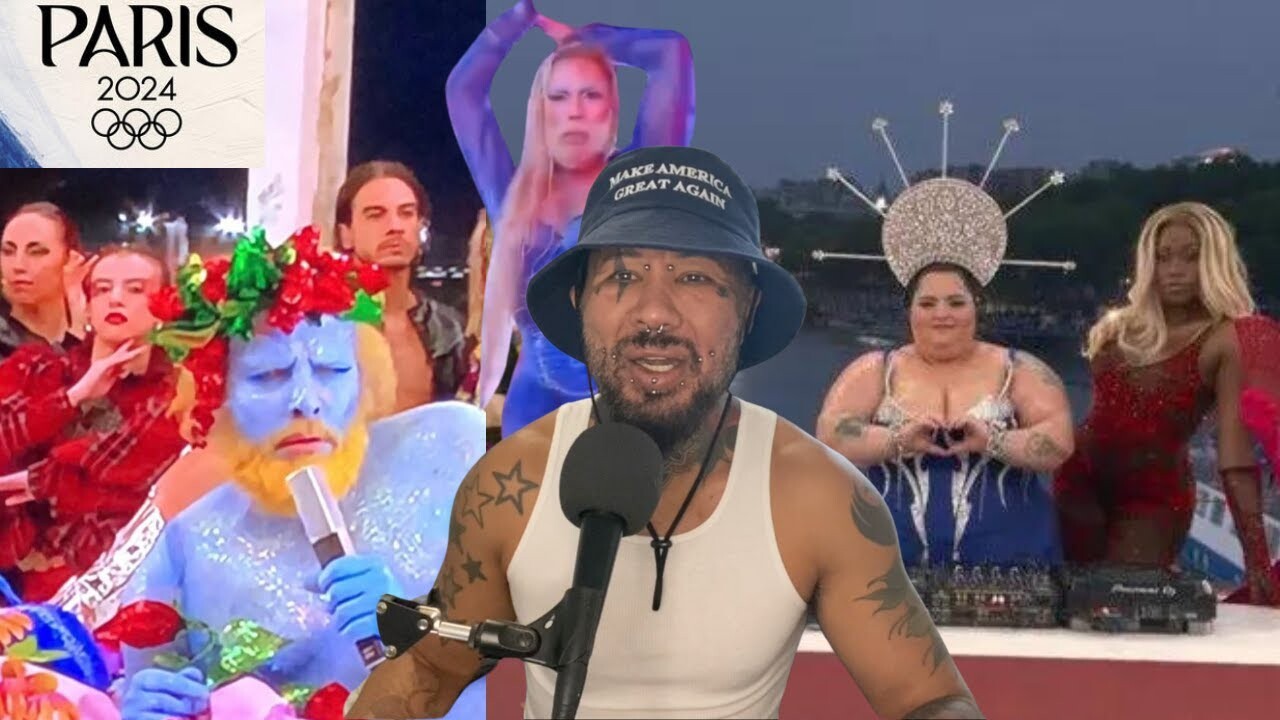
限會員,要發表迴響,請先登入














